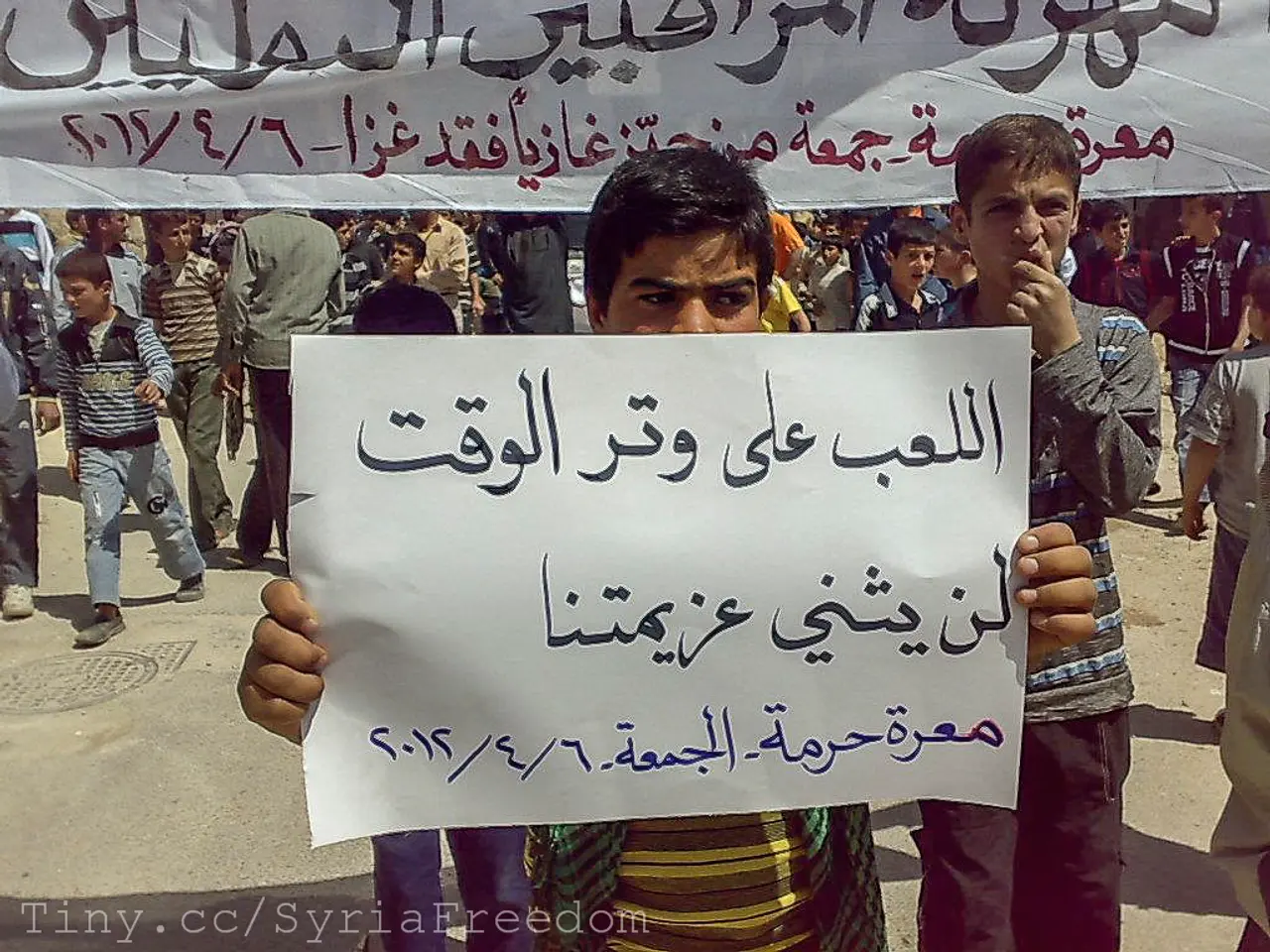Tune In to Sam and Anne's Podcast for a Deep Dive into Britain's Potential Role in the Iran-Israel Conflict
Will Trump make a move, and if so, how will Starmer respond?
Join Sam Coates and Anne McElvoy as they unravel the political implications of Britain's potential role in the escalating Iran-Israel conflict. In this episode, they delve into the legal and strategic advice Sir Keir Starmer is receiving on the matter, underscoring the crucial need for diplomatic efforts to prevent a full-blown military confrontation.
Legal and Strategic Caution
The Attorney General's legal counsel to the Prime Minister suggests that engaging in a military attack on Iran might be on "thin legal ground" and could potentially be illegal. This recommended approach leans towards protecting allies from attack, focusing on defensive measures rather than offensive maneuvers. Officials are concerned about the unpredictable consequences of further Israeli strikes and the potential shift towards regime change instead of merely addressing Iran's nuclear capabilities.
Diplomatic Push and Talks
Foreseeing the necessity to prevent war, Foreign Secretary David Lammy is actively planning diplomatic talks with Iranian officials, alongside foreign ministers from Germany and France, in Geneva. This diplomatic endeavor aims to de-escalate tensions and seek peaceful resolutions to the mounting crisis.
Intelligence Presence and Security
Maintaining its embassy in Tehran is a priority for the UK government, not solely for consular reasons, but also to preserve valuable intelligence operations on the ground. This presence allows the monitoring of the situation in Iran and provides assistance to allied intelligence efforts, such as those of the CIA.
Public and Political Messages
While publicly stressing de-escalation of the crisis, Sir Keir Starmer privately prepares for various contingencies related to the conflict. He also vocalizes his disapproval of pro-Palestinian activists who protest militarily linked sites in the UK, signaling a stance against domestic actions that might further inflame tensions.
External Pressure and Warnings
The Islamic Human Rights Commission has cautioned Sir Keir Starmer against drawing the UK into a potential war with Iran, criticizing the government's backing of Israel and referencing the historical repercussions of military entanglements like Iraq and Afghanistan.
In essence, the advice directed towards Sir Keir Starmer revolves around avoiding direct military involvement, adhering to legal limitations, pursuing diplomatic resolutions promptly, preserving critical intelligence capabilities, and managing public rhetoric to prevent escalation while readying for complex scenarios should the conflict broaden. This multifaceted strategy reflects the government's calculated approach to navigating a highly volatile international predicament.
- Despite public calls for de-escalation, Sir Keir Starmer privately readies for various scenarios in the Iran-Israel conflict, with advice steering him towards avoiding direct military involvement, adhering to legal limitations, and pursuing diplomatic resolutions promptly.
- Faced with potential adversity, the British government maintains its embassy in Tehran, not only for consular reasons but also to preserve valuable intelligence operations and provide assistance to allied intelligence efforts like the CIA, thus hedging its approach in the Iran-Israel conflict.





